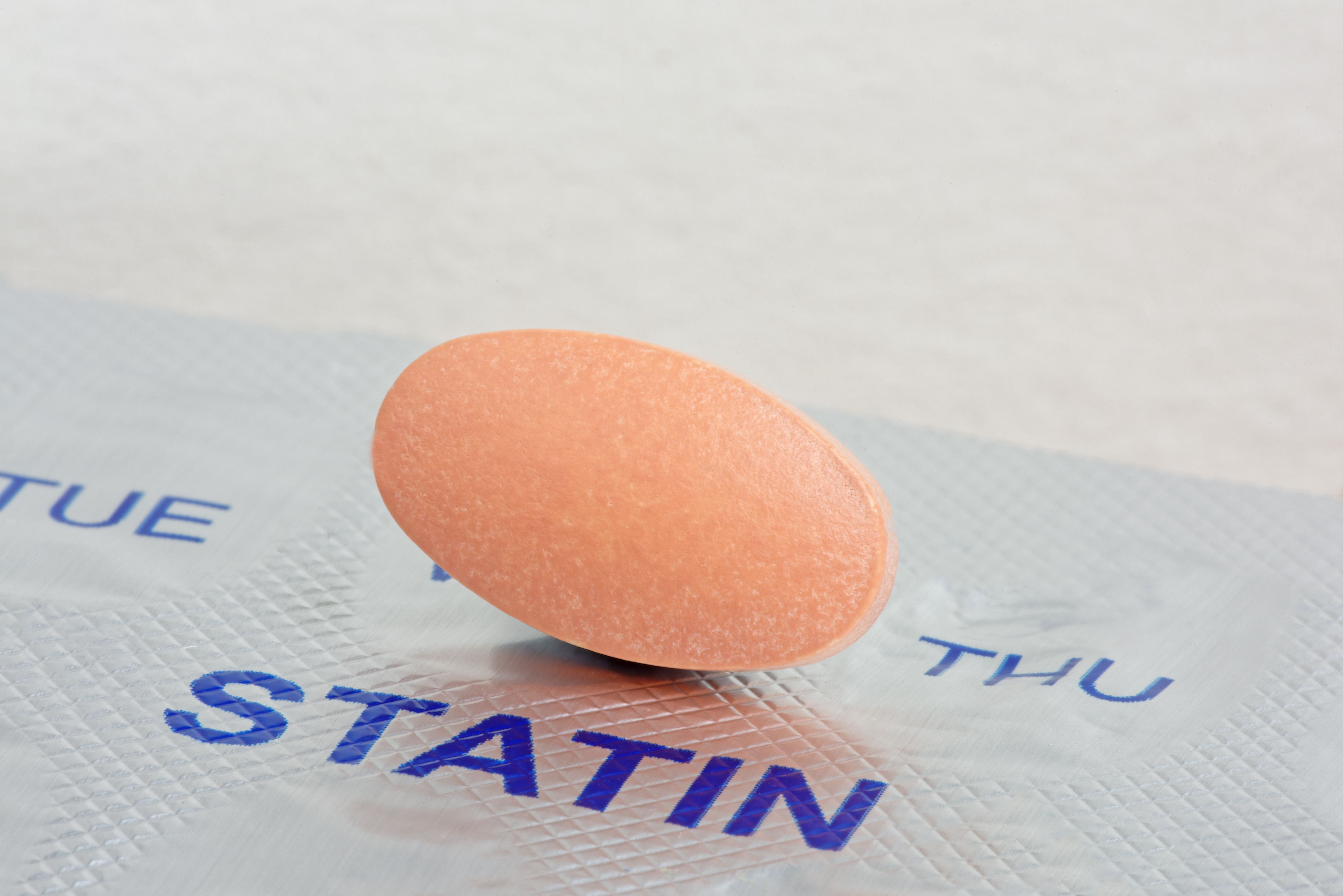- Clinical Technology
- Adult Immunization
- Hepatology
- Pediatric Immunization
- Screening
- Psychiatry
- Allergy
- Women's Health
- Cardiology
- Pediatrics
- Dermatology
- Endocrinology
- Pain Management
- Gastroenterology
- Infectious Disease
- Obesity Medicine
- Rheumatology
- Nephrology
- Neurology
- Pulmonology
Statin Use Lowers Mortality Among Patients with Diabetes Hospitalized with COVID-19
Adults with diabetes admitted to a New York City hospital with COVID-19 had a lower mortality risk if they received a statin, a new study found.
©roger ashford/stock.adobe.com

Adults with diabetes admitted to a New York City hospital with coronavirus disease 2019 (COVID-19) had a lower mortality risk if they received a statin, according to a new observational study published in the Journal of the American Heart Association.
“In this analysis involving a large cohort of hospitalized patients with COVID-19, statin use was associated with reduced in-hospital mortality in patients with diabetes,” wrote study authors led by Omar Saeed, MD, attending cardiologist, Montefiore Medical Center, Bronx, New York. “This observation was made despite older age, higher prevalence of hypertension and atherosclerotic heart disease in diabetic statin users.”
Saeed and colleagues examined medical records from 4252 patients admitted to Montefiore Medical Center with confirmed COVID-19 from March 1 to May 2, 2020 (mean age, 65 years; 47% women; 37% Hispanic). The authors analyzed in-hospital mortality and participants were grouped by those who received a statin during hospitalization and those who did not.
Of the 4252 participants, 32% received a statin during hospitalization and 76% received atorvastatin. The mortality rate was lower for patients who received a statin vs those who did not (23% vs 27%, P<.01).
Further analysis showed that this effect was modified by diabetes. Among the study cohort, 2266 patients had diabetes (mean age, 68 years; 48% women; 36% Hispanic). Of the diabetes group, 43% received a statin during hospitalization.
Patients with diabetes who also received a statin had a lower mortality rate vs those with diabetes who did not receive a statin (24% vs 39%, P<.01), while no difference was found in patients without diabetes (20% vs 21%, P=0.82).
Propensity score matching (hazard ratio [HR]=0.88; 95% confidence interval [CI], 0.83-0.94; P<.001) and inverse probability treatment weighting (HR=0.88; 95% CI, 0.84-0.92; P<.001) showed diabetes patients who received a statin had a 12% lower risk for in-hospital mortality vs those who did not.
Also of note, in the diabetes group, a greater number of those receiving statins had a history of hypertension (91% vs 84%; P<.01) and atherosclerotic heart disease (46% vs 28%; P<.01); statin recipients also had lower levels of both C-reactive protein (10.2 mg/dL vs 12.9 mg/dL; P<.01) and ferratin (683 ng/mL vs 786 ng/mL; P=.048) at admission vs nonrecipients.
“In our cohort, diabetics in the statin group presented with lower inflammatory markers and had reduced mortality. In contrast, there was no difference in inflammatory markers at presentation in nondiabetics either on or off statins,” concluded authors. “Presuming that in-hospital statin administration was indicative of outpatient usage and adherence, one might speculate that statin therapy blunted the COVID-19 inflammatory response pre-admission as well as during hospitalization, and improved survival was related to ongoing chronic statin use. This hypothesis would have to be prospectively tested.”
